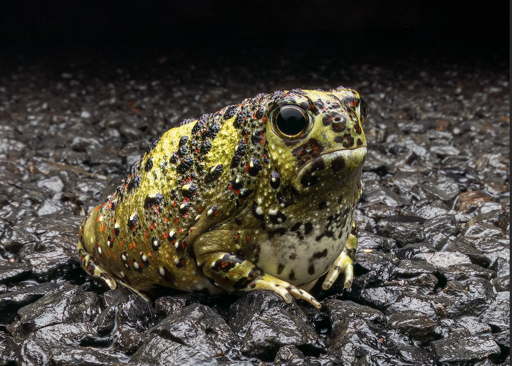- cross-posted to:
- biodiversity@mander.xyz
- cross-posted to:
- biodiversity@mander.xyz
- Researchers found 2% of amphibian species are already experiencing temperatures beyond their physiological limits, potentially increasing to 7.5% with continued climate warming.
- The study revealed an unexpected pattern where tropical species in the Southern Hemisphere face greater heat risk, while in the Northern Hemisphere, species at higher latitudes are more vulnerable.
- Habitat plays a crucial role in vulnerability, with aquatic species facing the lowest risk, tree-dwelling species at moderate risk, and ground-dwelling species experiencing the highest risk of overheating.
- Conservation efforts should focus on maintaining water bodies and shaded areas, as these serve as critical thermal refuges that can help amphibians survive extreme heat events.
archived (Wayback Machine):
- Mongabay article
- Nature study as webpage and PDF
You must log in or register to comment.

